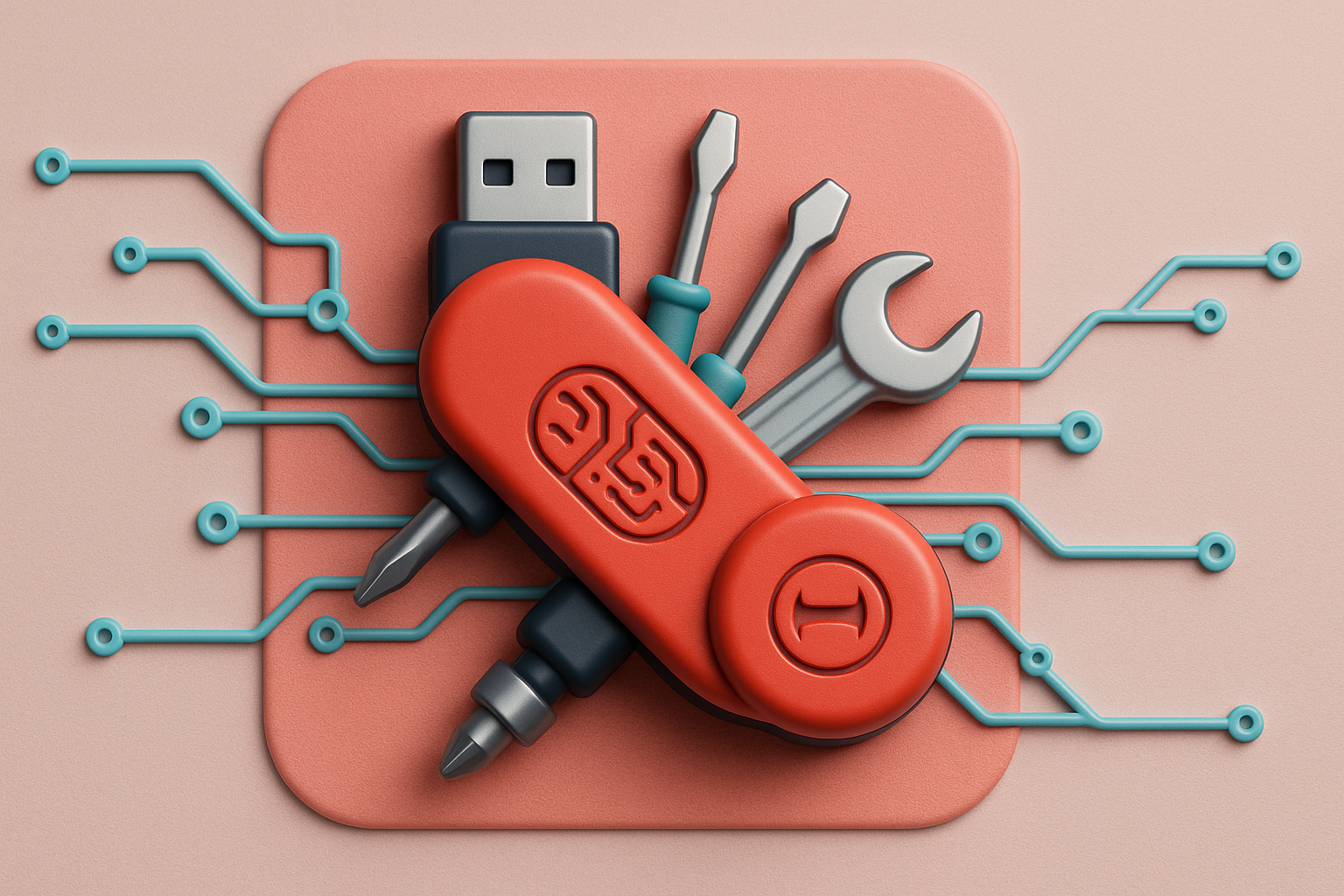Organisations considering GenAI tools want concrete evidence of how it can help them in quantifiable ways. Theta Assist is an extremely cost effective solution for its general purpose GenAI capability (which helps the ROI equation a lot) but that doesn’t remove the need for a solid business case.
Overall Return on Investment – what industry reports tell us
The good news is Generative AI tools are delivering tangible returns on investment (ROI) for businesses by automating and accelerating knowledge work.
A recent IDC report finds that organisations earn on average a 3.7× return per dollar spent on generative AI, and leading adopters are seeing over 10× ROI. These gains come largely from improved efficiency – in fact, 92% of companies using AI say productivity use cases are the first to pay off, and 43% report that productivity-focused applications yield the greatest ROI.
In New Zealand, analysis by Accenture/Microsoft estimates that generative AI could boost national productivity growth by doubling it, potentially freeing up ~275 hours per employee per year for higher-value tasks.
Early pilots in Australia and NZ public agencies mirror these trends: for example, one large NZ government trial of Microsoft’s AI assistant where 76% of staff felt more productive using AI and 79% of the team could complete tasks faster because of AI, with roughly 10 hours saved per user per month – an ROI that clearly justified the investment.
Although these studies are for Copilot 365 and ChatGPT GenAI tools – in many cases the use cases apply equally to Theta Assist. Theta Assist also has security mitigations – the price of privacy is hard to quantify.
Specifics of the ROI for Theta Assist
The headlines are: Theta Assist pays for itself with just 4 mins/week of savings per person. Even modest time savings (≈ 5 min/day) deliver a >500 % return.
ROI is high even with modest time-savings
Based on staff being paid the average NZ wage, all it takes is 3 minutes saved each day to get great ROI.
The ROI just goes up from there:
How the numbers work
- Average hourly rate: $42.79/hr (Average Ordinary-Time Earnings, Stats NZ March 2025)
- 100 staff payroll: ≈ $741k a month
- Theta Assist licence (100 users): $1,300/month — just 0.18 % of payroll
- Break-even: ~4 minutes a week per employee
Use cases: Where those minutes usually come from
Pick just a handful of these example tasks below, and the four-minute/week hurdle disappears, and five minutes per day is easy to achieve.
What about training though?
Training will help your team make better use of GenAI and Theta Assist and increase the gains you see. We definitely recommend it and we provide it.
If you invest 2 hours of training/upskilling per person your breakeven point is after just 6 weeks of use (assuming 5 mins a day of savings).
You get nearly $70k in net value for 100 staff in year 1, even at that modest 5 min/day level.
The next step to using GenAI in your organisation
A 2-month pilot with a small group will show whether you’re saving at least those four minutes a week.
Let us walk you through a sample rollout plan or share more use case examples.
Sources:
- https://news.microsoft.com/en-xm/2025/01/14/generative-ai-delivering-substantial-roi-to-businesses-integrating-the-technology-across-operations-microsoft-sponsored-idc-report/#:~:text=According%20to%20IDC%E2%80%99s%20findings%2C%20GenAI,tools%20such%20as%20Microsoft%20Copilot
- https://pub-c2c1d9230f0b4abb9b0d2d95e06fd4ef.r2.dev/sites/433/2024/08/New-Zealands-Generative-AI-Opportunity.pdf#:~:text=Source%3A%20,2023
- Average Ordinary-Time Earnings, Stats NZ March 2025










